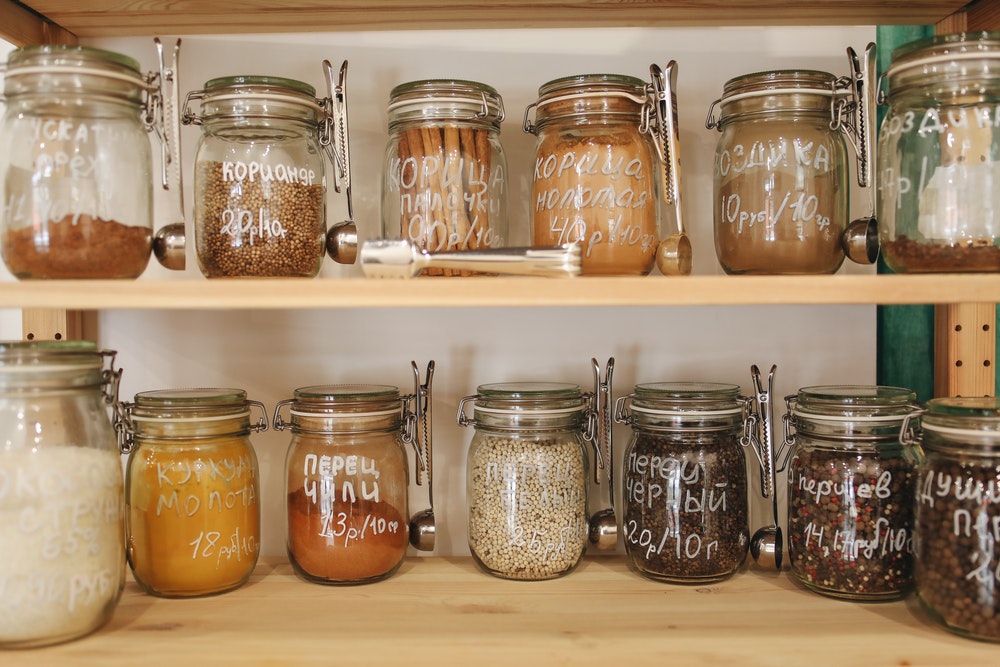Part of being a responsible citizen is being a responsible consumer. Each dollar that you spend can be thought of as a vote. When you shop, you can vote for the ethical treatment of workers, quality land management, and sustainable raw goods manufacturing.
Buy Direct from the Producer
When possible, buy directly from farmers, gardeners, and those who produce the food. If you eat meat and have a small household, pair with a friend and buy larger lots of meat directly from the farmer, preferably from a local farmer who raises organic meat and eggs.
Go Minimal
Being a minimalist doesn’t have to mean painting your walls white and giving away all your furniture. Consider creating a pod wardrobe made up of natural fiber and sustainable dyes.
Be ready to reduce to a pod wardrobe over time. Make sure that you gain full value from the items that you own before you buy
- clothing
- linens
- electronics
If you have a smartphone, you may not need a tablet. If you have a tablet, you may not need a laptop. Make sure that your purchasing power is tied directly to demonstrated need, not the desire to have the newest and shiniest thing. When something finally wears out and leaves your closet or office, carefully review whether or not you really need to replace it.
Eat Close to the Soil
Carefully review the ingredients on your food containers and do your best to cut down on the number of syllables you consume. Check what is in that single serving bag of popcorn. If any ingredient is unpronounceable or more than five syllables, simplify things and have an apple.
Invest in stainless steel food containers for lunch kits and make sure you have a reusable insulated water bottle. Before you go to bed, make sure your water bottle is chilling and that your lunch is packed. Your morning will be much saner.
Consider a No-Spend Span of Time
No-Spend principles encourage consumers to not buy until something is necessary. This choice means that
- you only replace things when they are worn out
- there is no “shopping as entertainment”
- you will need to find an outlet besides retail therapy
Once you get in the habit of no-spend practices, you will
- have more time, because you never stop just to check the sales
- have more money, because it stops mindless buying
- have a decent inventory of what you already own, because you won’t be adding to it
A no-spend block of time is the best way to become aware of your spending habits. Once you are aware, you can make smarter spending choices.
Buy in Bulk
As you move slowly into minimalism and become aware of what you own, you will find that there are consumables that you actually need. When you buy, do your best to buy the concentrated products in big bottles. Get in the habit of cleaning with a natural soap or a simple product. Dust with an old sock stuffed with a damp rag. Use vinegar and water to wash your kitchen cabinets; vinegar breaks up grease and oil, which is why it is so tasty in salad dressings.
Once you know what you have and can find a way to buy directly from the producers of your food, you may get interested in growing your own food. Getting in good with gardeners can expose you to folks with other simple living skills. Sustainable living is as much about community as it is about what you buy. Ask lots of questions of local gardeners and enjoy the connection.


